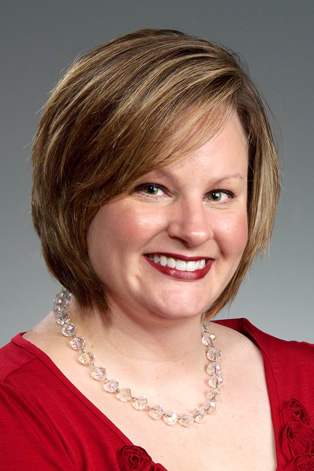Jul 02, 2012
Insight into common difficulties that may arise
By Kerri Nottage, MD
|
My nonmedical friends and family members have asked me, “Why is it called a fellowship?” This usually led to my unsatisfactory answer involving something about research and the funding source. When sitting down to write this article, I asked myself, “Why IS it called a fellowship?” So I did what medical training taught me best: I looked it up.
Fellowship—n. 1: community of interest, activity, feeling, or experience; 2: the state of being a fellow or associate; 3: a company of equals or friends; 4: the quality or state of being comradely (Merriam-Webster).
Sounds fantastic, doesn’t it? Well, it will be. Fellowship is an exciting time when you’re finally able to focus fully on hematology and oncology. It will be rewarding and will leave you well positioned for a successful career . . . if you take full advantage of the opportunities afforded to you. Of course, there will be rigor and challenges throughout your training. However, with insight about the common difficulties that may arise, you will be prepared to handle them with ease.
- Finding a Mentor—It’s never too early
Though your program director may take on a mentoring role, it is vital to identify at least one more faculty member to serve as your mentor. This is arguably the most important point because a good mentor will help guide you through the rest of the struggles you may face in fellowship. Each training program handles mentorship differently; some programs assign mentors and others leave the onus of selecting a mentor to the trainee. Regardless, be proactive and identify someone in the first few months. Your program director and/or more senior fellows can provide names of faculty with a strong mentoring history. Identifying mid-level or senior faculty with whom you share common interests is a good place to start. But perhaps more important than shared interests is finding a mentor with whom you “click.”
The best advice I was given was to choose the mentor, not the project. A dependable and supportive mentor will benefit you more than being part of the “hottest” new research. A fully invested mentor will put their own needs and ambitions aside to help you identify your own goals. This means your mentor should not be so junior as to be consumed with advancing his/her own career or so senior that endless meetings preclude easy access for further conversation. They should point you toward opportunities that align with your aspirations, and they should provide support, feedback, and direction. Once these critical people are in place, the stage will be set for you to get the most from your training.
- Fear of Failure—Branch out of your comfort zone
A trusted faculty member once told me, “Fellowship is the time to try and fail.” Those were not exactly the wise words of advice I was hoping to hear. No one starts fellowship with plans to have their manuscript rejected four times, to have a grant application denied, or to ruin hoards of cell cultures. But in reality, the times when we are not successful tend to contribute the most to our professional growth. Spending three to four years trying to absorb a vast field like hematology/oncology can feel overwhelming enough—who wants the added pressure of trying something new? Even so, fellowship is the best time to go outside of what is comfortable and safe since trainees are generally well supported and protected. So go ahead and submit your manuscripts. Take on the most challenging patients. Write that grant. Try your hand in the basic science lab. Now is the time to fail. Failure is not so scary when the reward is remarkable growth. It is only through these experiences that your success will come.
- Overcommitting—When to say “no”
We get to fellowship because of our drive and ambition. As a result, this initial enthusiasm and desire to impress may cause you to take on every patient that comes your way and say “yes” to every potential research project that is offered. Don’t fall into the trap. Saying “yes” to everything leaves you overcommitted and unhappy doing things that may not necessarily be in line with your ultimate goals. It’s okay to do one case report, not 10. Give yourself time to think things through and to discuss with your mentors before taking on a new project. Participating in something that you are not invested in doesn’t benefit anyone, but participating in projects to build partnerships for future research can be vital. Remember, the goal is to keep your sanity, not to burn bridges. Rely on your mentors to steer you toward patients and projects that will advance your goals. Learning this skill early on in your career will garner respect, prevent you from burnout, and preserve your happiness.
- Balance—It’s not a dirty word
“Work/life balance” is often discussed but rarely accomplished. This balance is fundamental for survival more than ever during fellowship. Oncology practice is emotionally taxing. Involvement in people’s lives during a time of crisis causes many physicians to “put up a wall” in an attempt to deny the uncomfortable emotions that surface. Discounting your emotional needs can catch up with you if you’re not careful. Taking a break from things to revitalize your interests and relationships outside of medicine can be therapeutic. The art of medicine requires a marathon mentality; daily inventory of your work/life balance can help alleviate intermittent times of frustration. As good as that sounds, remember that no one but you can make this happen. Extra time is not going to just appear on your schedule, and no one is going to tap you on the shoulder saying you deserve time off. So prioritize your personal interests. Devote your time and attention to your relationships and you will feel more fulfilled both inside and out of the hospital.

